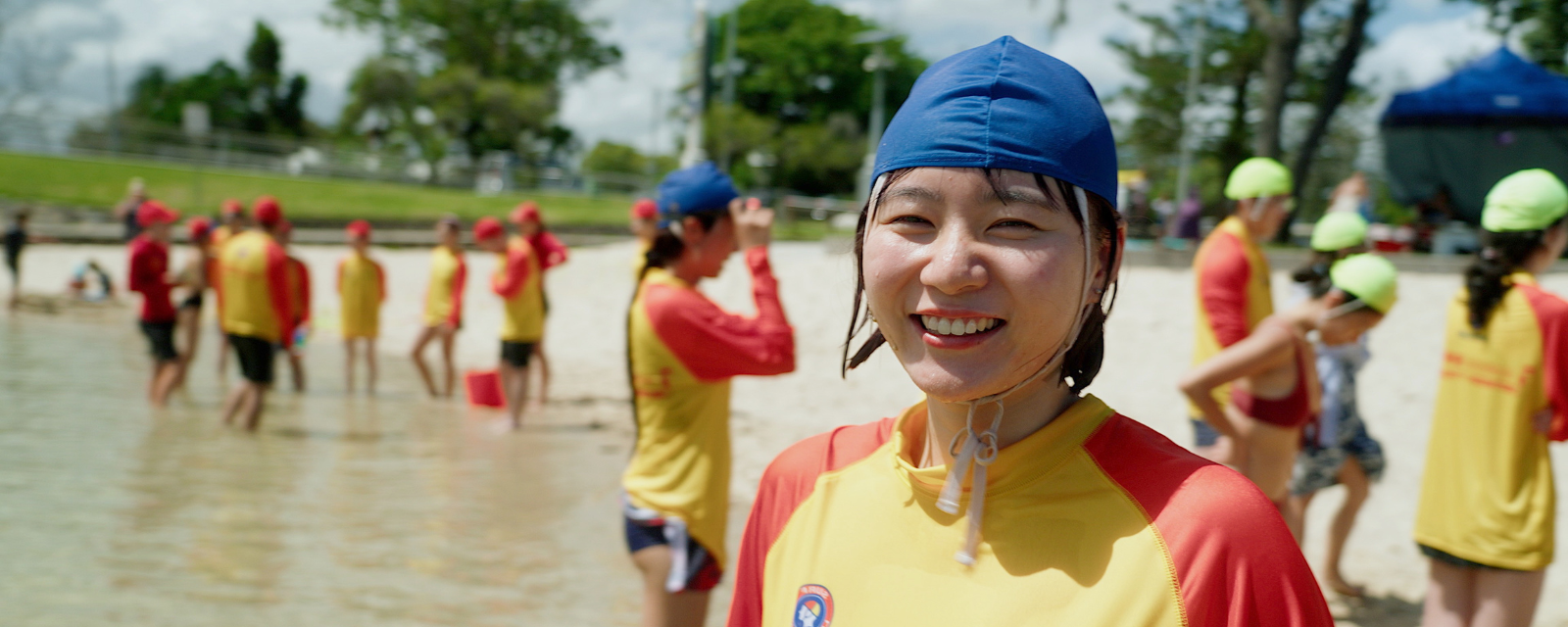The breadth of the Australia-China relationship is the result of a long history of engagement between our nations’ people.
Australia’s relationship with China is based on strong economic and trade complementarities and longstanding community and people-to-people links.
Australia and the People’s Republic of China established diplomatic ties in 1972 and, in 2014, both countries agreed to describe the relationship as a Comprehensive Strategic Partnership.
Despite differences, the relationship has delivered significant benefits to both countries. Today, the Australia-China relationship covers a broad spectrum of cooperation.
Economic and trade complementarities have driven prosperity in both countries. In 2015, the China-Australia Free Trade Agreement (ChAFTA) entered into force. ChAFTA is a historic agreement that is delivering benefits to Australia.
Two-way trade covers a range of sectors. Australia is internationally regarded as having one of the most advanced and innovative education and training systems in the world and is one of the most popular international study destinations for Chinese students. The Foundation works to build links with Chinese international students as the next generation of leaders in their respective fields. It also collaborates with partners to strengthen the Australian tourism industry’s capability to host visitors from China.
Australia and China have agreed to continue engagement on climate change, energy and environment. Climate change and environmental challenges are global issues requiring a global response.
Australia’s state and local governments have sister state and sister city relationships with more than 100 Chinese provinces and townships. These relationships have supported economic ties and built mutual understanding.
For more than 200 years Australians with diverse Chinese heritage have made substantial contributions to Australian life. These contributions enrich us as a country, and Australia is a better and stronger nation for them. Today, 1.4 million Australians identify as having Chinese ancestry, and Mandarin is the second most spoken language in Australia after English with Cantonese the fifth.
People-to-people ties across academia, the arts and culture, sport and more continue to deliver benefits for Australia. The Foundation supports this cooperation and Australians’ capacity to engage effectively.
